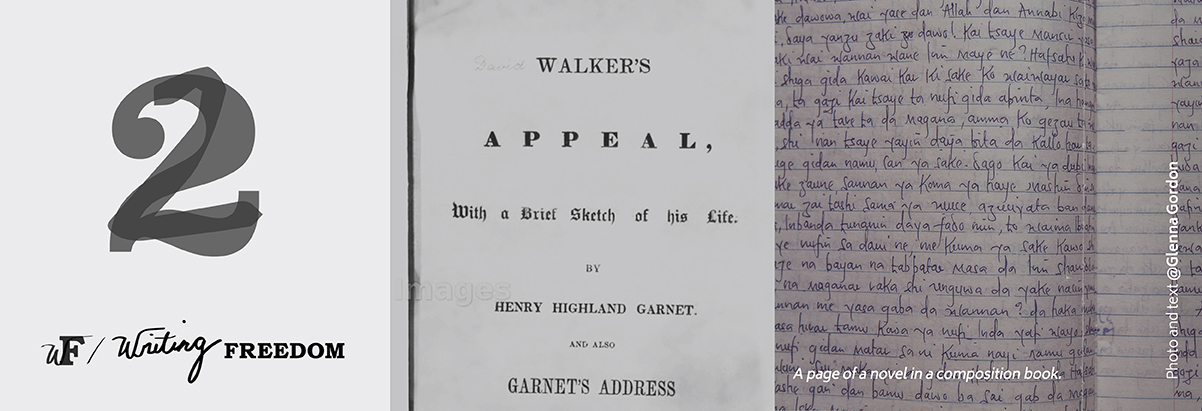
Activism and Altruism in Boston
In Boston, Walker went to work, setting up a used clothing store on Brattle Street, a major thoroughfare near Boston’s wharves. He married Eliza Butler, a daughter of well-to-do black Bostonians. Walker counted as his best friend Boston’s only licensed black ship outfitter, James Stewart.
By the late 1820s, Walker came to live in a home near Boston’s African Meeting House, a refuge for those in need. Despite his business success, he was known to live with startling frugality, apparently bent on giving nearly all he earned in charity to the less fortunate, a quality that drew the admiration of many.
In a December 1828 speech to the Massachusetts General Colored Association, he used his status to call for greater unity among the coloured people of Massachusetts.
Walker and his abolitionist associates were among the first to valorize the Haitian freedom struggle, marking Haitian independence by openly parading through the streets of Boston in celebration and solidarity with the slave rebels of that Caribbean nation.
Walker became Boston correspondent for Freedom’s Journal, America’s first black-owned newspaper.
And he fascinated a penniless idealistic Quaker, William Lloyd Garrison (founder of The Liberator, the famous abolitionist newspaper), who was inspired by Walker’s abolition work.
Walker is, with Frederick Douglass, Harriet Tubman and John Brown, one of the four foremost figures in the abolition movement.
Romances Create Community: Radios and Mobile Phones
Beyond the novels, authors communicate with readers through radio and mobile phone. Since the female literacy rate is between 35% and 50%, about twenty radio stations do daily readings of these extremely popular novels.
Isa Sanusi: “When Express FM in Kano airs its romance novel slot at 09:00 every weekday morning, many homes comes to a standstill for the next 30 minutes.”
The authors often put their mobile numbers on the cover of their novels, allowing direct feedback from readers who call to ask for advice.
Many young women are inspired by these novels to strive for an education. Female literacy is rising as are the numbers of women who attend university.
Read more here
“The books are often credited as being partly responsible for the marked rise in literacy among Hausa women,” according to editor Rakesh Khanna.
Read more here
Michelle Faul: “Author Hadiza Nuhu Gudaji’s novellas are so popular that she is invited to give advice on radio talk shows…. A 15-year-old … called in, begging the novelist to persuade her father not to force her into marriage. “We said: ‘The father of this girl, you are listening to us, you hear what your girl is saying…. A few weeks later, the girl called to say thank you, and that she was back in school.
“It’s a quiet revolution,” says Ado Ahmed Gidan Dabino, a male novelist, and head of the Kano branch of the Nigerian Writers’ Association.
Read more here

